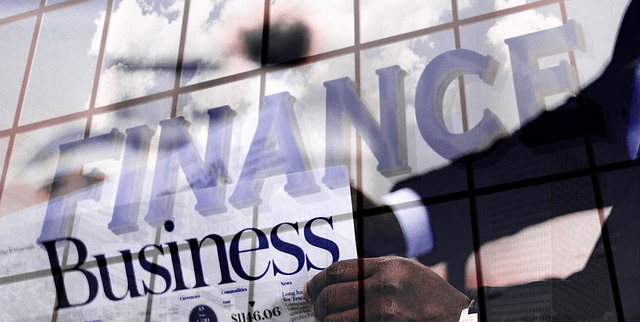Karmelo Anthony GoFundMe: Legal Fundraiser Controversy update
Introduction
In 2025, the world watched as karmelo anthony gofundme became the center of an unexpected legal controversy. A teenage athlete accused of stabbing another student, he and his family faced intense scrutiny. Immediately, fundraising campaigns sprang up online to support his legal defense.
This article tracks that fundraiser: how GoFundMe removed campaigns, how GiveSendGo stepped in, controversies around fund usage, and what remains known today.
Background: The Fatal Incident
On April 2, 2025, at a track meet in Frisco, Texas, 17-year-old Austin Metcalf was fatally stabbed. Authorities arrested Karmelo Anthony, also 17, and charged him with first-degree murder.
Anthony reportedly told officers, “I did it”, though he later claimed self-defense.
Because of the magnitude of the case, public attention soared. Many saw it as more than a crime story—issues of race, justice, and youth rights also emerged.
The Initial Fundraisers & GoFundMe Removal
Almost immediately, supporters launched GoFundMe campaigns to help Anthony’s family raise money for legal fees. But karmelo anthony gofundme removed those campaigns.
The reason: GoFundMe’s Terms of Service prohibit fundraisers for legal defense in violent crime cases.
GoFundMe refunded contributions in those cases.
The Anthony family claimed they had no association with the deleted GoFundMe campaigns.
Because of the removal, campaigners needed an alternate platform.
GiveSendGo Steps In: “Help Karmelo Official Fund”
After GoFundMe’s removal, the family or supporters moved the fundraiser to GiveSendGo under the name Help Karmelo Official Fund.
This platform hosts many controversial fundraisers, and for this case too, it offered fewer content restrictions.
Within days, the campaign raised a large sum. For example:
-
Over $160,000 in a few days.
-
~$285,000 by a mid-week update.
-
Later totals above $350,000 and more.
-
By late April / early May, over $515,000 had been raised.
GiveSendGo cofounders have said they view campaigns neutrally—that people are presumed innocent until proven guilty.
Controversies & Public Backlash
The fundraiser generated strong reactions:
-
Many criticized the idea of donating to a murder suspect.
-
Some donors saw it as a fight for due process and fairness, especially given racial undertones.
-
Others accused the family of using donations for lavish living—accusations they denied publicly.
-
Claims circulated that the family bought a high-priced home or extravagant items using donated funds.
The family’s response: they denied using funds for such purchases.
Also, GiveSendGo has stated no funds have been withdrawn (as of certain updates).
Additionally, false or misleading posts circulated. Some impersonated police or spread fake autopsy claims.
Use of Funds: What the Fundraiser Says It Will Cover
The fundraiser page provides some clarity:
-
The largest share is slated for legal defense (attorneys, court costs).
-
A portion is for security / relocation of the family due to threats.
-
Some funds may go toward living expenses, transportation, counseling, and safety measures.
GiveSendGo cofounders have publicly discussed that donors were emailed clarifications.
Because the campaign goal had not been fully met, the funds were not disbursed immediately.
Legal & Court Updates
-
Initially, Anthony’s bond was $1 million.
-
The bond was later reduced to $250,000 by a judge.
-
The judge cited Anthony’s clean record, academic standing, and athletics as reasons for reduction.
-
The trial date has been scheduled for June 1, 2026.
-
In the meantime, Anthony is under supervision (house arrest, monitoring).
Key Takeaways
-
GoFundMe removed campaign pages due to policy against fundraisers for violent crime defense.
-
The fundraiser was migrated to GiveSendGo, which allowed the campaign to continue and raised significant funds.
-
Public reaction is deeply mixed: some see justice support, others see moral outrage.
-
As of latest updates, funds have not been withdrawn by Anthony’s side.
-
The trial is pending, and fundraising will likely remain a contentious topic.
Conclusion
The Karmelo Anthony GoFundMe story is more than one teenager in legal trouble. It touches on fairness, race, fundraising ethics, online platforms’ responsibilities, and public opinion. Even though GoFundMe blocked the campaign, the shift to GiveSendGo made sure support continued.
As the legal case unfolds toward 2026, questions linger: Will donors demand accountability? Will the family use funds transparently? Will public sentiment shift?
This is a live situation. If you want future updates or deeper legal analysis later, just say the word — I’ll keep the article fresh.














Post Comment